In conversation with Kenji López-Alt: Chef, Food Writer and Amateur Violinist
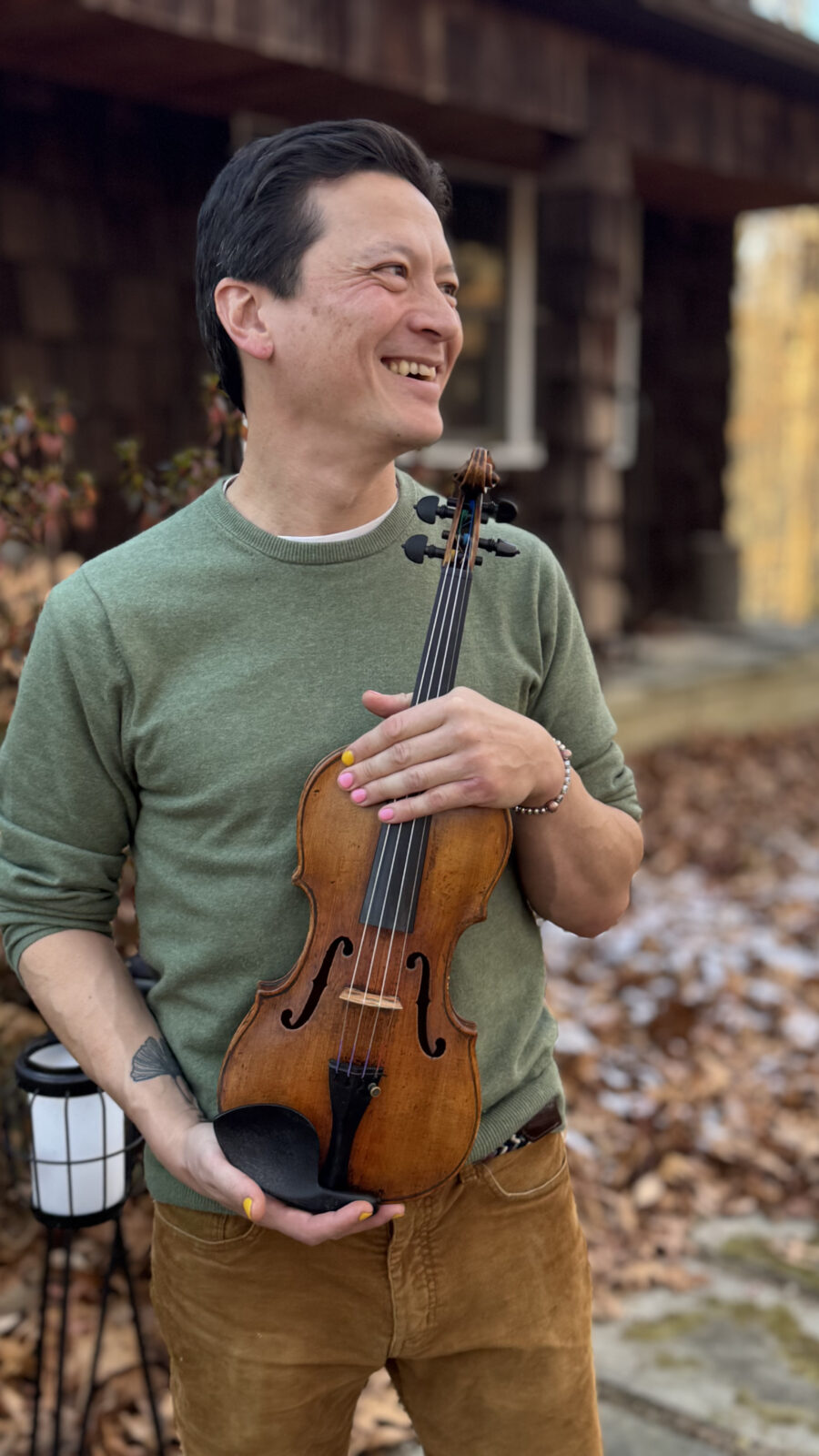
Kenji López-Alt is a renowned chef and James Beard Award-winning cookbook author. Perhaps he is best known for his work as a New York Times food columnist and the Chief Culinary Advisor for Serious Eats, and for his adventurous cooking videos on his own YouTube channel. But did you also know that Kenji is a life-long violinist and passionate amateur chamber musician? And that you can hear Kenji’s keynote address and play Brandenburg concerti with him and a festive mix of professional and amateur players at the Chamber Music America Conference in Houston in February? (He will be there on Saturday, February 15)
I hope you can all make it to Houston for the CMA Conference, and in the meantime – here is a transcript of the chat I had with Kenji on Sunday, December 22.
Stephanie Griffin for ACMP (SG): Hi Kenji! It’s great to meet you and thank you for doing this interview. Before I start, I was wondering how much you know about ACMP.
Kenji López-Alt (KLA): It’s great to meet you too, and I don’t know – does it stand for Adult Chamber Music Parties?
SG: “Adult Chamber Music Parties”…that’s perfect! Actually, we do sponsor adult chamber music parties, which we call “Play-Ins,” but the official name is Associated Chamber Music Players. We are a service organization for adult amateur musicians, promoting the playing of chamber music for pleasure. Anyway, I am excited about meeting you at the Chamber Music America Conference this February. And since most people know you as a chef and food writer, let’s focus on music! And I want to start by asking: how did you first encounter the violin?
KLA: My older sister played violin since she was four years old. And since she’s three years older than me, I grew up hearing her practice the violin. So, when I was three or four years old, I also wanted to play violin. I started playing when I turned four.
SG: You were doing Suzuki, I imagine?
KLA: I was doing Suzuki – me and both my sisters. My younger sister actually became a professional violinist, but my older sister and I did not. We all did Suzuki the whole time growing up. I started at School for Strings in Manhattan and then went to the Manhattan School of Music for pre-college. And then I was a music composition minor in college.
SG: Oh, nice. So, you grew up here in New York City?
KLA: Yes – I was born in Boston, but grew up in New York.
SG: Who were your violin teachers?
KLA: Katherine Gerson and Anne Setzer were my teachers. And then in college, I studied with Lynn Chang.
SG: Where did you go to college and what was your major?
KLA: I went to MIT, majoring in architecture with a minor in music composition. [Note: MIT is the Massachusetts Institute of Technology, in Cambridge, MA]
SG: Were you able to keep up your violin playing while you were at MIT?
KLA: Yes, I did. I played a lot of chamber music. Marcus Thompson ran the chamber music department there. I did chamber music my whole time there, studied composition, and I was concert master of the orchestra too. Dante Anzolini was the conductor back then. That was from 1998 to 2003.
SG: Many people who were serious about a musical instrument as a kid – as clearly you were, since you continued through college – stop playing after they leave college, where they had enjoyed a network of musical friends and many organized extracurricular musical activities. Did that happen to you after leaving MIT?
KLA: No – I kept playing! I had a lot of friends who played chamber music, so I found a group just to play with for fun. Actually, I had a couple groups, post-MIT – all the players were amateurs. One of the members of my group moved to Seattle right around the same time I did, and when she found out that I was living in Seattle, she called me back up again. It was 15 years later, and she said, “Hey, let’s play in a group again.” So that’s how I started playing again here in Seattle.
SG: Oh, fantastic!
KLA: While I was still in Boston, I also played in an amateur orchestra – the Cambridge Symphony.
SG: It sounds like you managed to do a lot of playing after college. So, you never really stopped – you managed to keep it going?
KLA: I stopped for a while, when I moved to San Francisco in 2015. I stopped, basically, until I moved to Seattle. I started again when my daughter turned four and started playing violin. I really wanted to make sure that she grew up listening to the violin, so I started playing again. Actually, I started to learn the piano when she was about three, and then I also tried to play violin more around the house so that she could hear it. And here in Seattle I found another chamber group, and now I play quite a bit. And my partner now is a violinist, so we get to play together sometimes.
SG: That’s great. And I am curious – how did you find your various chamber groups? Was your first group all people that stuck around Boston after MIT?
KLA: No – none of them were from MIT. You know, it was just through various networks of musicians I played with. I started out playing with some people at MIT, and I think maybe they introduced me to some other people. So, it was just through friends of friends – I don’t really remember how I found that group. Maybe some of them were in the Cambridge Symphony.
SG: So, it sounds like it was all about maintaining a network of musician friends, and because you had regular rehearsals or get togethers, that gave you the incentive to keep playing?
KLA: Yes – and we try to find ways to have concerts, too.
SG: Oh, nice! Do you have casual concerts for friends? House concerts?
KLA: Yes – and some of the members of my group are members of the local amateur orchestra, the Seattle Philharmonic. They sometimes put on chamber music concerts. We just asked if we could play, and they said, sure! We just kind of find ways to do that – ask if we can play somewhere and then just do it.
SG: That’s interesting to me that it was specifically chamber music that kept you playing.
KLA: Well, chamber music was always my favorite thing. You know, when I was growing up, I wanted to play violin, but I hated practicing. I think that’s true for a lot of kids. And so, I was kind of made to practice. Until I was about 11, which is when I went to chamber music camp. I went to Greenwood, and there I realized – this is why people like playing music! Since then, playing with other people and playing chamber music has been my favorite thing to do.
SG: It seems like Greenwood was a transformational experience for you at that point?
KLA: It was, absolutely!
SG: Playing violin wasn’t just about being told to practice, but suddenly you could see it in context as being something fun and interesting.
KLA: Exactly!
SG: That’s so great to hear. The last thing I wanted to ask you was to share your thoughts about the spirit of amateurism. Back when ACMP was founded in 1947, the A in our name stood for “amateur” – Amateur Chamber Music Players. Then, in 2006, the board decided that there were pejorative connotations to the word “amateur,” and they voted to change it to “associated.” It’s a hot topic with our membership, because a lot of hardcore amateur players are kind of insulted that they changed the name. There’s nothing wrong with being an amateur! So, I’m curious – what does being an amateur mean to you?
KLA: I mean, especially in the context of chamber music, a lot of this stuff was written for amateurs! It is written. It wasn’t like recordings existed at the time. So, if you wanted to hear chamber music, you got people who could play it together. And not all of them were professional musicians. A lot of them were just really good amateurs. There’s obviously a wide range of amateurs, but if you’re not paid to do it, then you’re an amateur, right? I think that’s the definition. And I think that’s very much in the spirit of chamber music. It’s meant to be played by small groups, for small groups, and enjoyed that way. And – I’m proud to be an amateur – especially because the profession is so hard.
SG: Yes, I can attest to that.
KLA: It’s a very hard profession, and it’s also one of those professions that relies on the donations of a few super rich people to keep it going. Which, to me – I don’t know – I feel like I don’t want to be in a job that requires that. I don’t want a rich person to decide what I can be, what I should do, or that I’m worthy of doing this or that. But anyhow, I mean that music should be for everyone and, and that’s especially true of chamber music. I feel like that’s the spirit of it.
SG: Yes – and it’s important to remember the etymology of the term “amateur,” which literally just means a lover of something, someone that does something for pleasure. And to that end, it shouldn’t even really matter if you do it for a living or not. It’s chamber music for actual enjoyment.
KLA: Yes – I love going to concerts, but there’s nothing more pleasurable than playing with people, with friends. For me, the ultimate pleasure in music is playing with other people.
SG: Yes – for me too. Do you also feel that because you’ve been actively playing for pretty much your whole life, it affects how much you appreciate music when you go to concerts as well?
KLA: Oh, of course, yes. It’s just in the same way that, since I cook for a living, when I go out to eat, I sort of understand what’s going on at a deeper level. The more you play, the more you understand the music in a different context. And I think it adds richness to it. It adds more levels of understanding that allow you to appreciate it in different ways. It’s the same as listening to a piece multiple times, or understanding the context of a piece, or knowing the life of the composer, or knowing the performer. All those things add complexity to the listening experience.
SG: You’ve just talked about the importance of amateurism for yourself as an individual. Do you think that the spirit of amateurism is also something that’s important for society?
KLA: You know – it’s certainly important for me. I wouldn’t be able to play if it wasn’t for amateurs. And yes – in any of the arts, I think the whole point of art is to have enjoyment and to have a creative outlet. And that shouldn’t be reserved just for professionals, especially because, a lot of the time, professionals are not all that creative. Or maybe it’s just that when you’re professional, you get stuck having to do certain things that people want to listen to. You’re much more restricted in certain ways than amateurs are. And, what’s the point of music if it can’t be enjoyed by everyone?
SG: Actually, that brings one more question to mind. You have a degree in architecture with a minor in music, yet you became a chef and then a food writer. Did you start your culinary career as an amateur?
KLA: No – I started as a professional. I mean – I learned on the job. The first time I really cooked was a summer job at a restaurant as a prep cook. So, I was an “amateur” in the sense that I had never done it before, but I was being paid. And it wasn’t like I was a food lover before I started cooking. Really, it was the other way around. I just got this summer job, and then I realized that it was really interesting, and I liked it. That’s how I started enjoying cooking and food.
SG: That’s fascinating! So, you had no real interest in food until you did that?
KLA: Not really – no special interest…
SG: So, you had more interest in the violin than in cooking?
KLA: Yes – way more interest in the violin!
**********************************
If you would like to meet Kenji and me at the Chamber Music America Conference, there is a special discount for ACMP members. Log into the ACMP website first and then visit this Member Benefit Page for details. See you in Texas!
More Articles
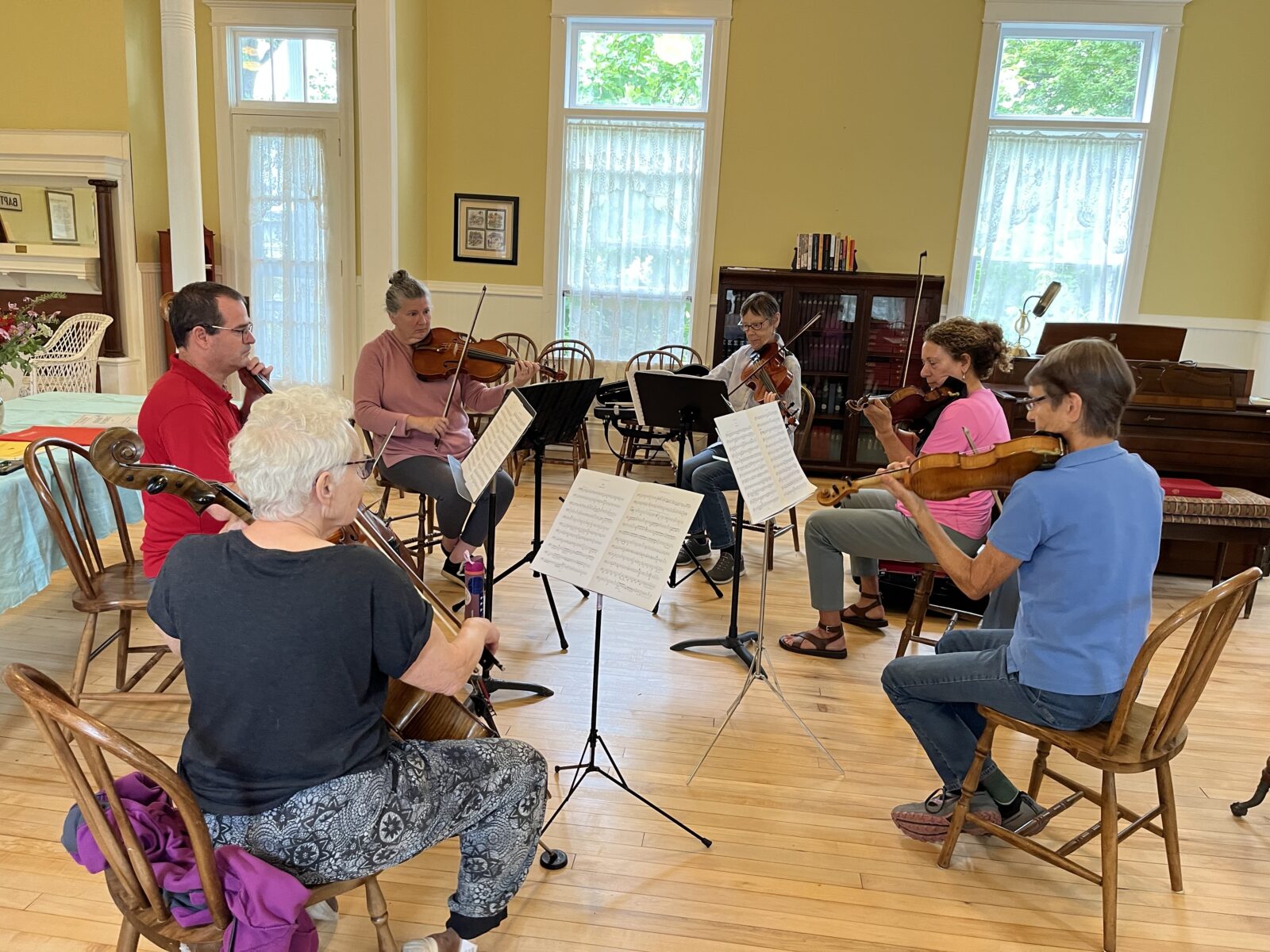
A weekend of music and renewal at Chautauqua
When you first set foot on the grounds of the Chautauqua Institution in southwestern New York, it’s easy to understand the lift in Arlene Hajinlian and Sonya Sutton’s voices when they speak about their summer homes, and why they would welcome a group of ACMP members for a weekend of music-making.Read More ↗
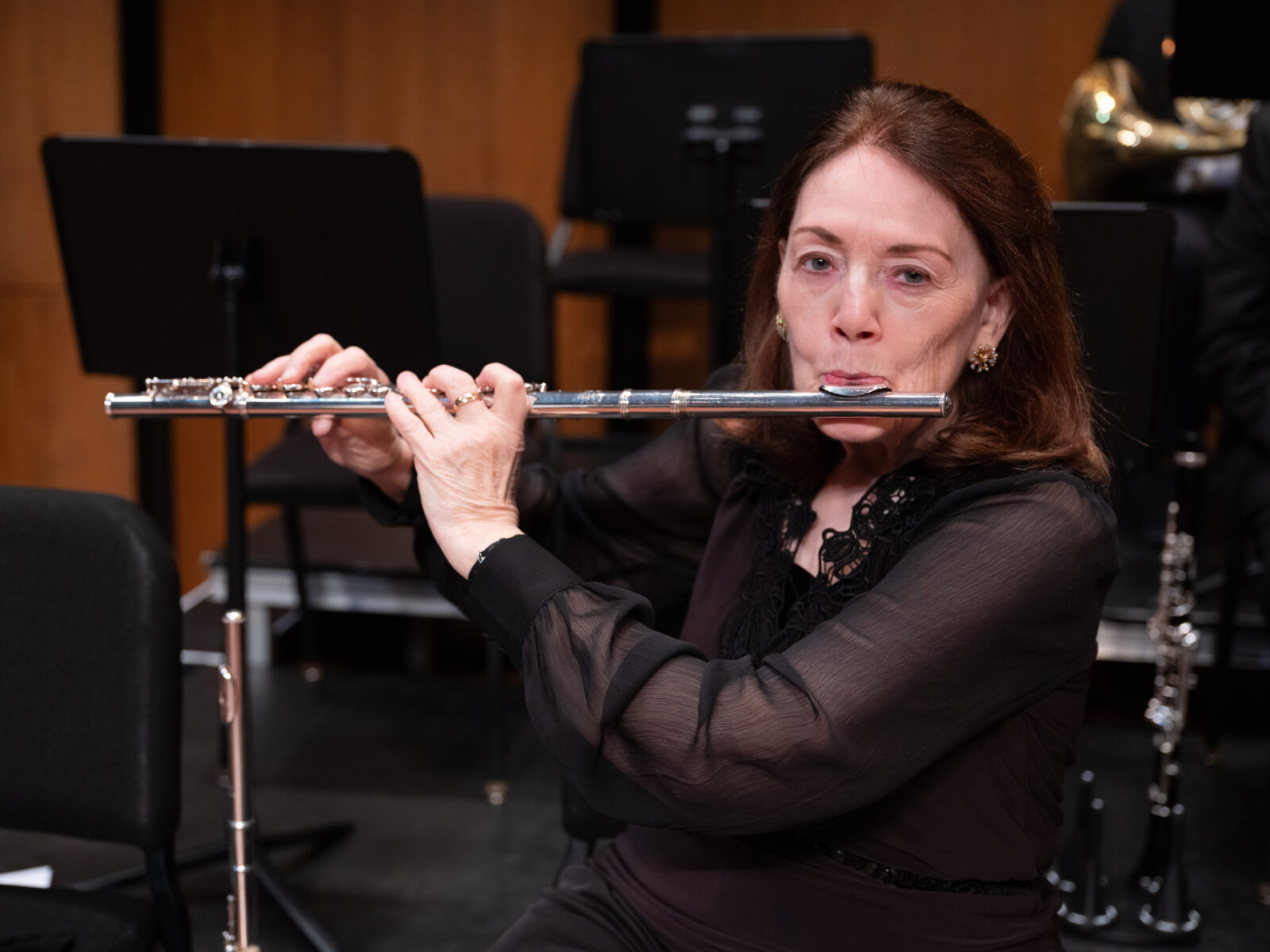
Optometrist by vocation, flutist by avocation
For someone who does not pay the rent as a musician, Pat Brown leads a full musical life with her flute. An optometrist by profession and a dedicated flutist, she has been a member of the Texas Medical Center Orchestra for more than 20 years, serving on the board and helping the group win national awards.Read More ↗
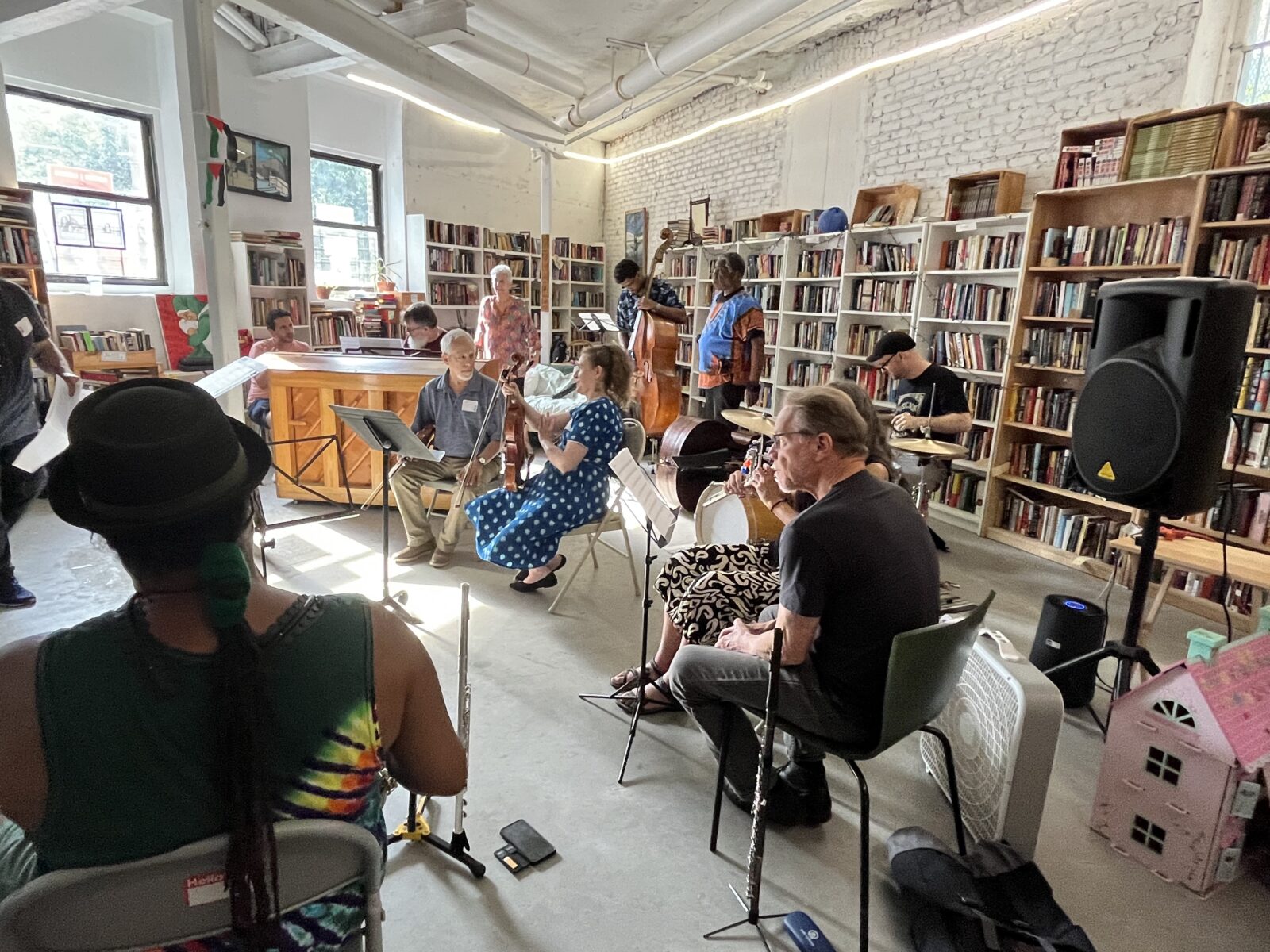
The Great American Play-In: Saturday, September 13 at Opera America
On Saturday, September 13 from 2 to 6pm, the American Composers Orchestra (ACO) and ACMP are hosting a fun and festive chamber music Play-In at Opera America (NYC), focused entirely on chamber music by twentieth-century and living American composers.Read More ↗
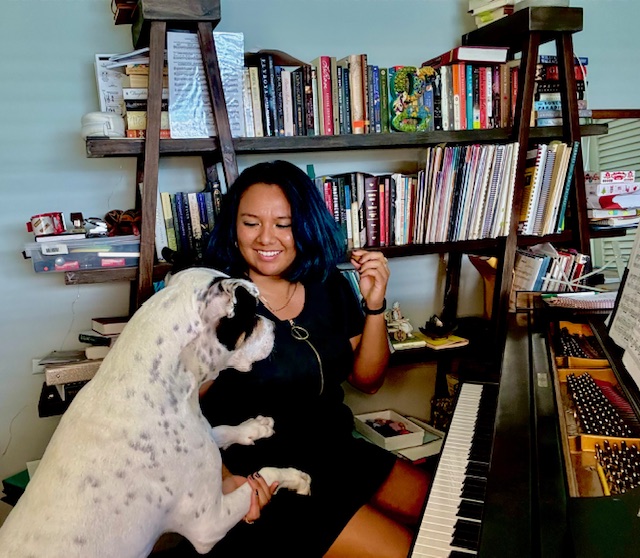
A professional pianist charts new musical paths with chamber music
When it comes to chamber music, ACMP pitches a big tent, from players just starting out to those rediscovering a passion for the music they played on their younger days. But ACMP’s membership also includes a thriving community of professionals — highly trained musicians who discover a community in ACMP that is hard to find elsewhere. Grace Shepard is one such professional living in South Florida and serving on ACMP’s North American Outreach Council.Read More ↗
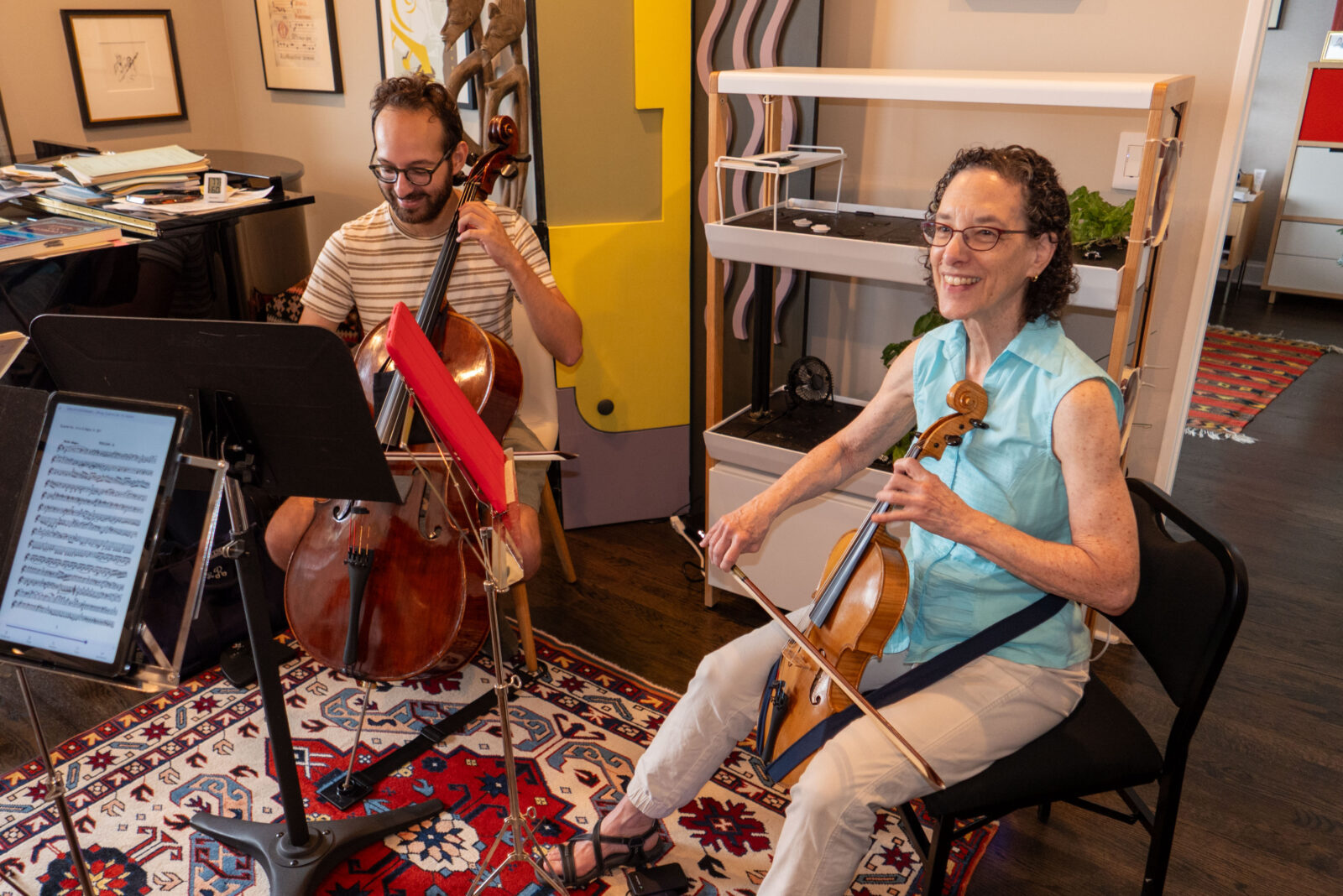
How a cellist learned to love the viola, her way
Chicago-area cellist Ruth Rozen recounts her adventures with a vertical viola, opening the door to playing the inner voices in chamber music.Read More ↗
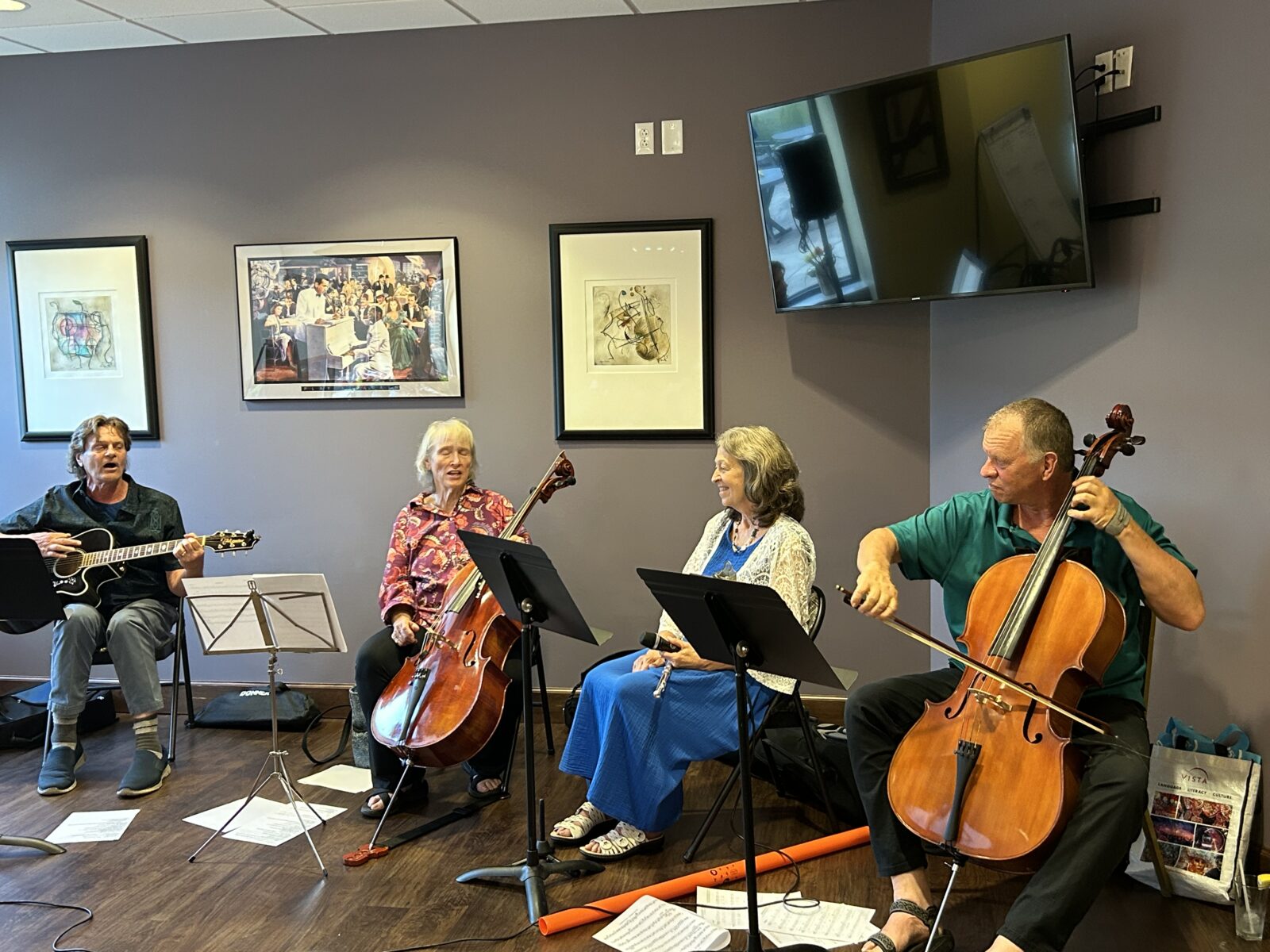
Tremendous Trivia Tunes: A Fundraiser for ACMP
Four members from DeKalb, Illinois tried a new method of fundraising for ACMP. They felt so grateful for ACMP's Home Coaching program and the wonderful teachers in our Coach Directory, that they came up with an innovative idea to give back to our community. They raised a little over $200.00, but the greatest part was how much fun they had doing it.Read More ↗
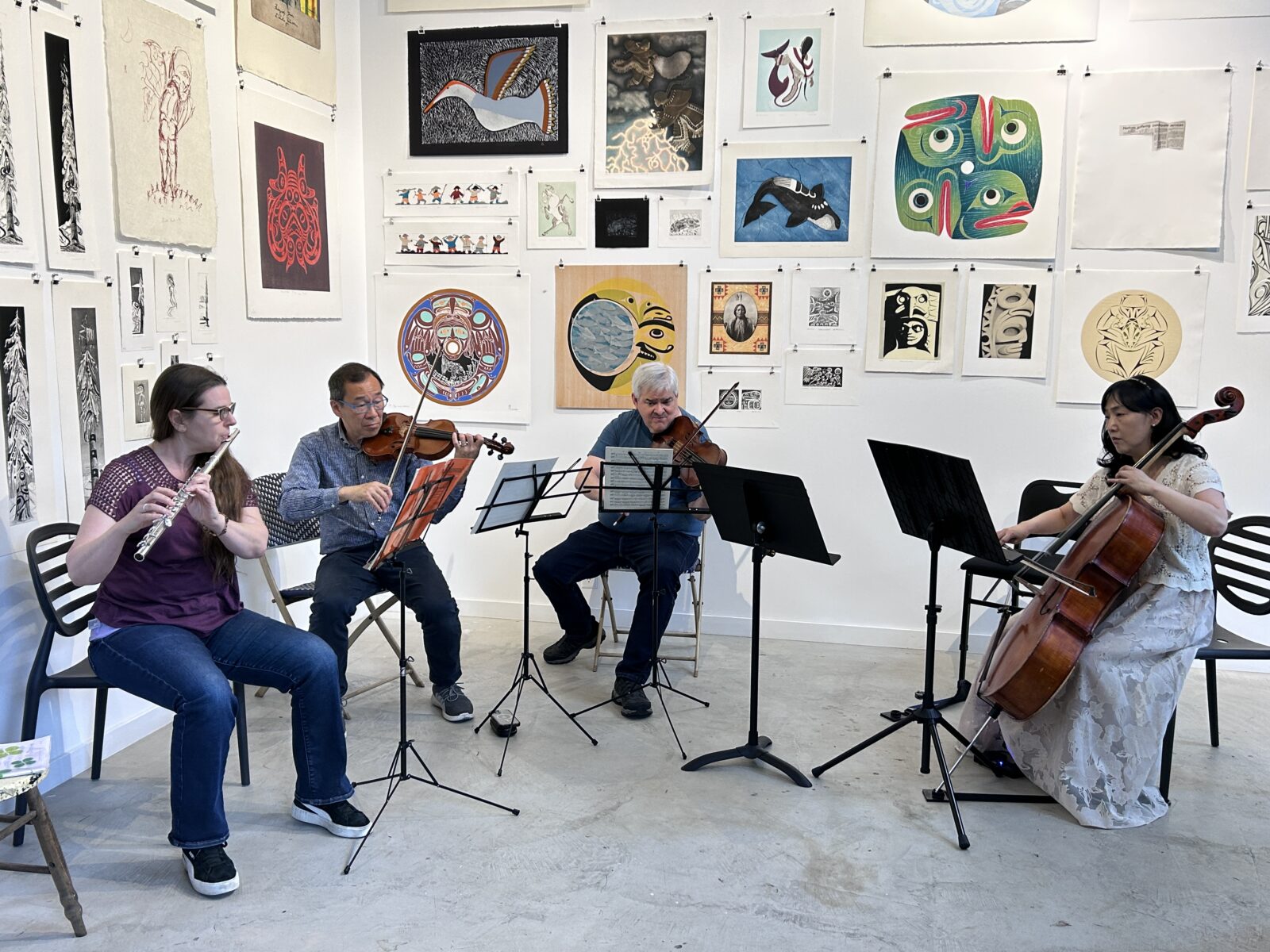
And the Play-Ins continued in June!
With ACMP's rapidly growing community of chamber musicians, Play-In season is never over! Read about two recent Play-Ins in June.Read More ↗
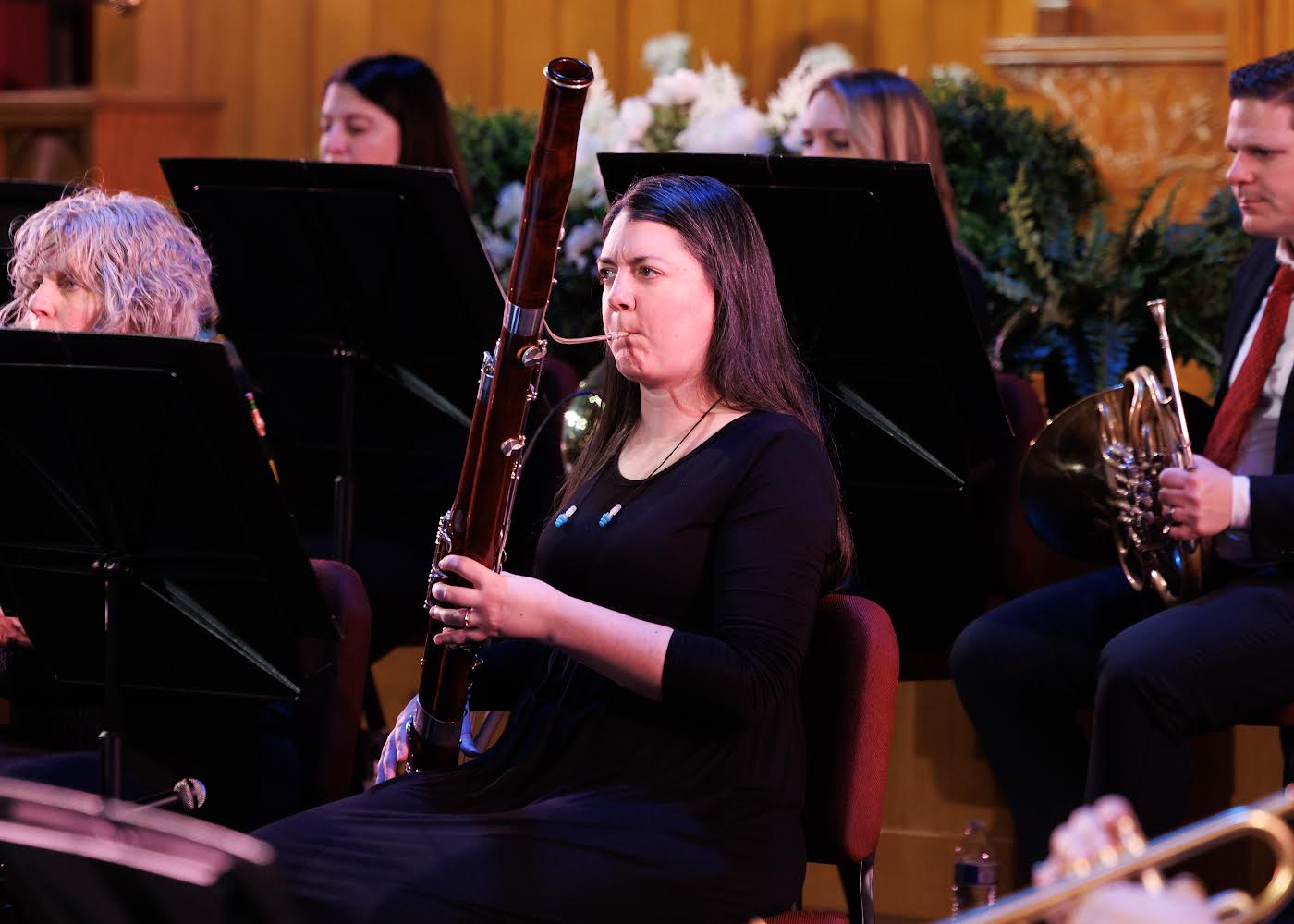
2025 News of Note Puzzle Contest Winner and Answers
Congratulations to bassoonist Jessi Vandagriff for winning this year's News of Note puzzle contest. And read more for the great puzzle answer reveal!Read More ↗
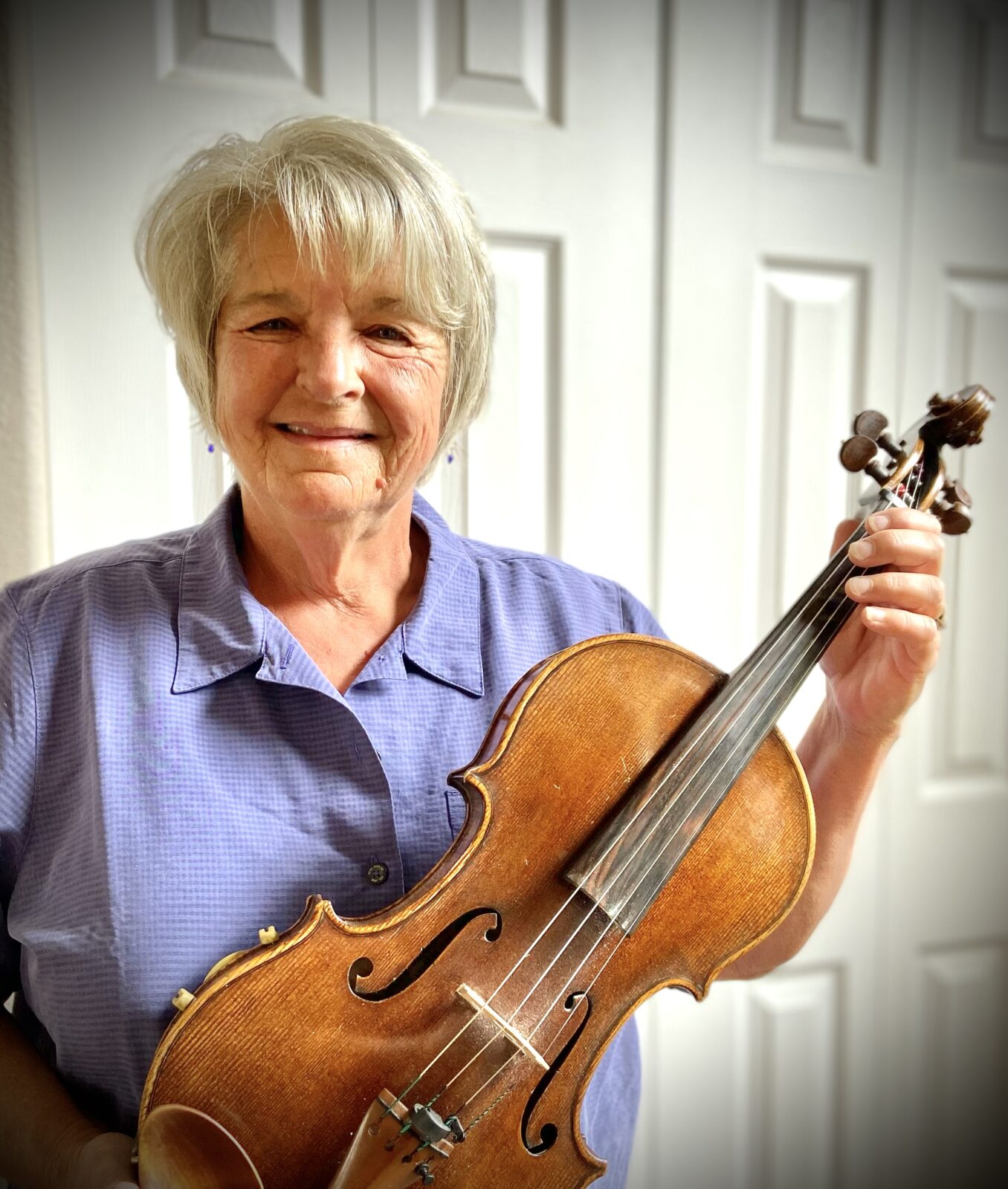
Member of the Month, July 2025: Cheryl Hite
The ranks of ACMP members are filled with professionals who began their college careers with the intent of pursuing music for a living, then for whatever reason moved into another career. Colorado-based violist Cheryl Hite is one of those musicians. A native of Detroit, she enrolled at Indiana University in the 1970s as a double major – biology and viola performance. Read her interview with ACMP Board Chair Bob Goetz.Read More ↗
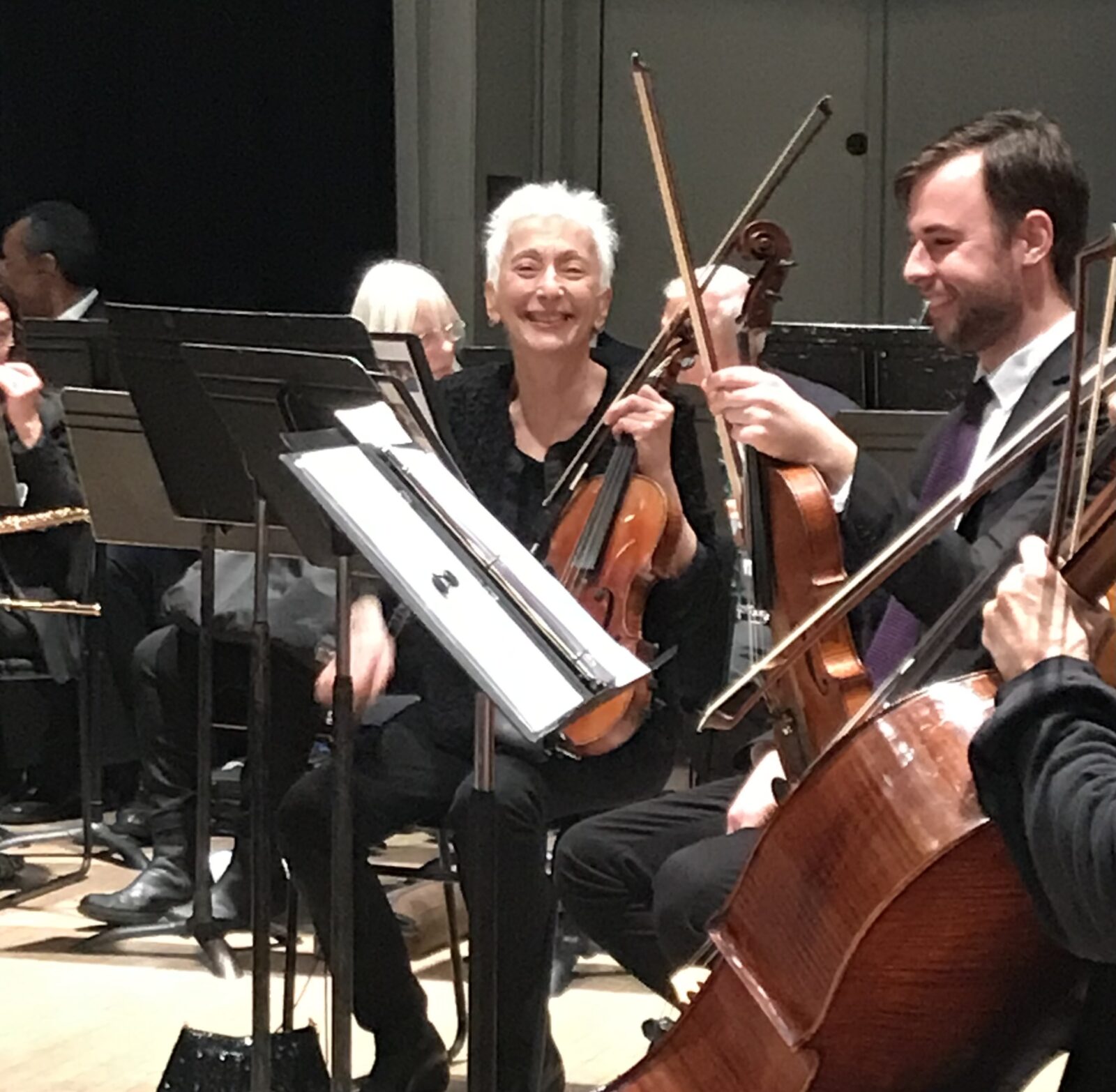
The day my quartet played out of tune and almost got our host evicted
Chamber music can be a high stakes activity - play a bit out of tune, and your host could end up on the street. Read about one such close call in New York City.Read More ↗
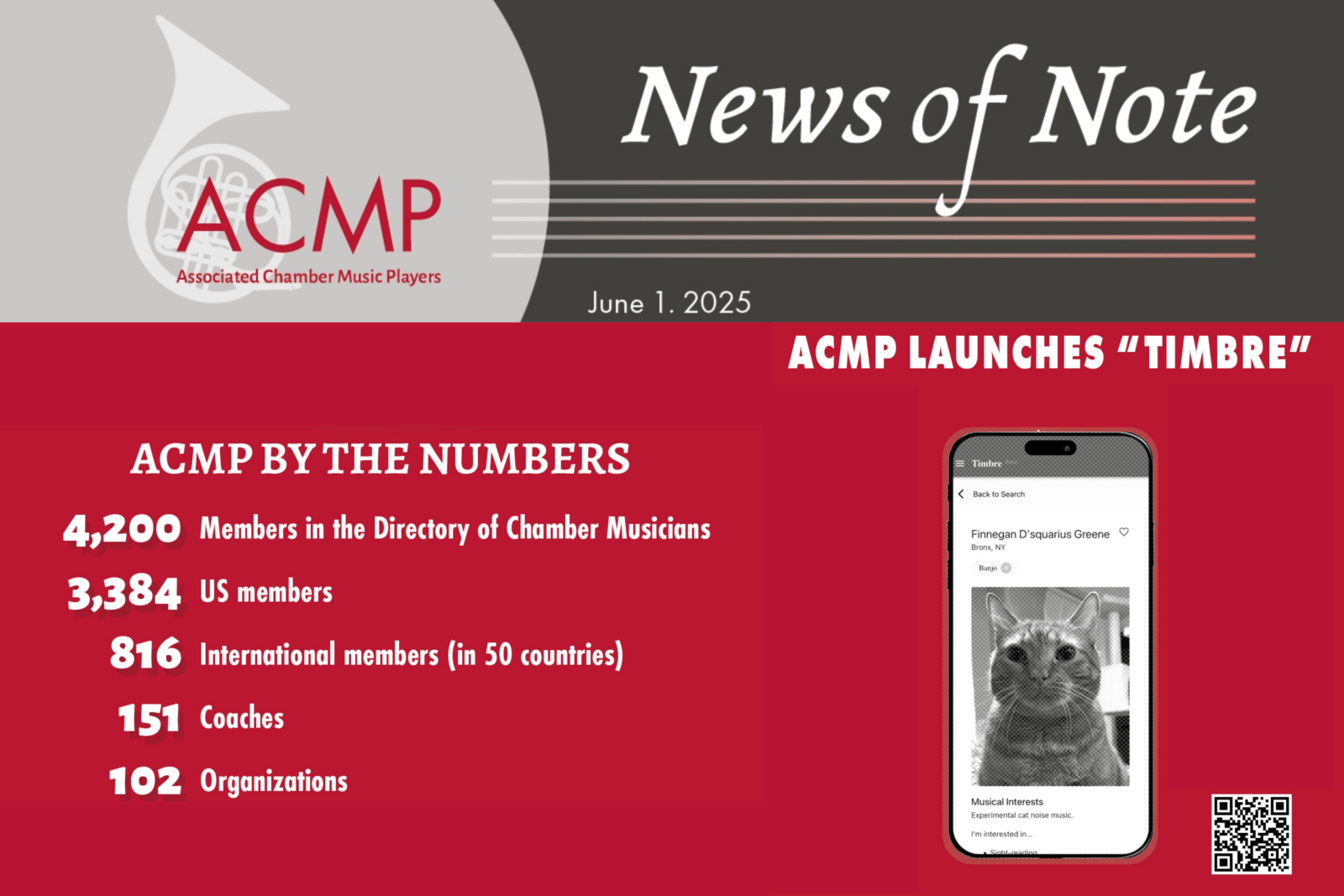
News of Note 2025
It’s that time of year again! The web version of the 2025 News of Note is live, featuring updates from the past year—and some fun extras, including everyone’s favorite: a new puzzle. (Submit your answers by July 1!)Read More ↗
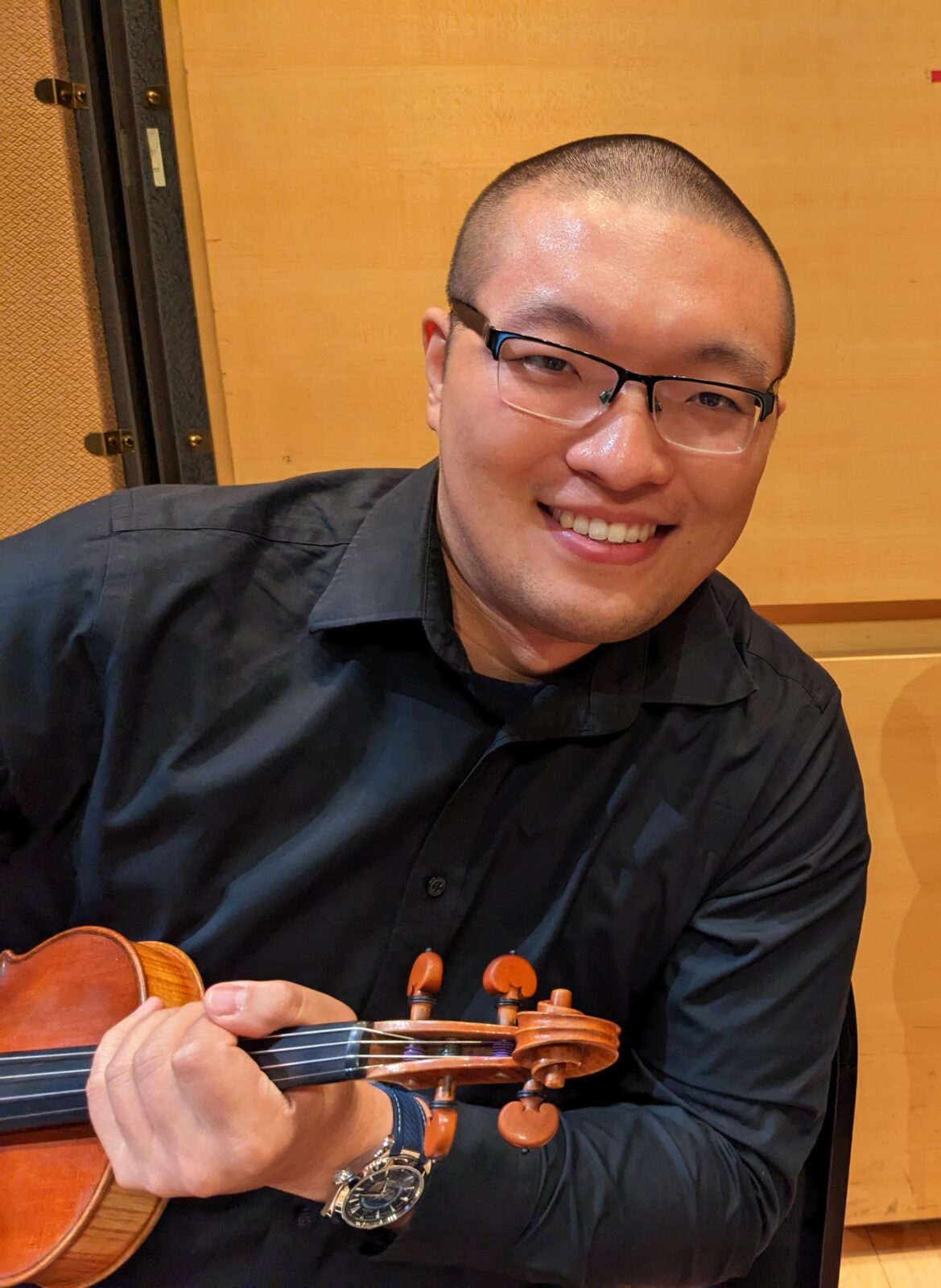
Member of the Month, June 2025: Frank Song
Frank Song, 28, may work remotely as a software engineer, but when it comes to music and the arts, he is all about being there, in person. With the flexibility to travel in his work, he seeks out concerts or museum exhibits in cities far beyond his home in Toronto. And while he’s at it, he takes along his violin to play chamber music. We caught up with Frank on a recent visit to New York, where he played chamber music with people he found through ACMP.Read More ↗

Seasoning for the Seasons
With a taste for adventure and a pinch of whimsy, follow ACMP cellist Tom Cappaert’s lead: stage a chamber concert in a Quito pizza parlor.Read More ↗
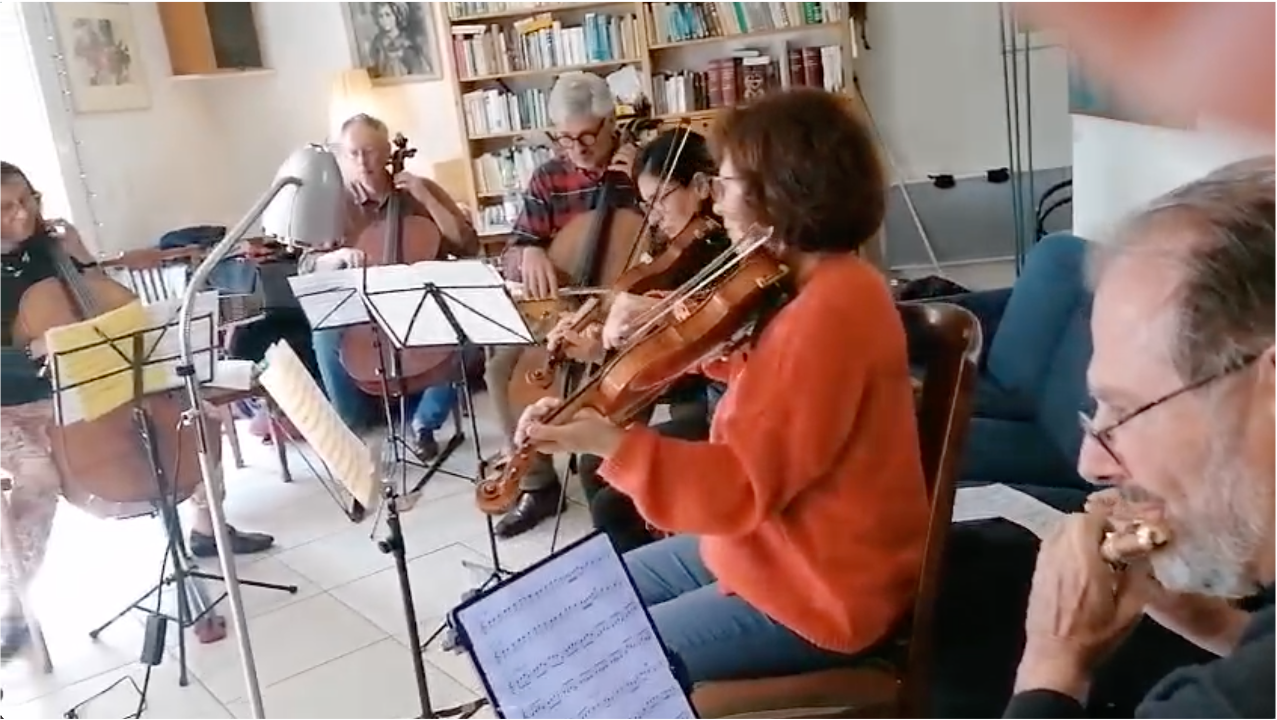
May 2025 Play-In Highlights!
Highlights from just a few Play-Ins during National Chamber Music Month!Read More ↗
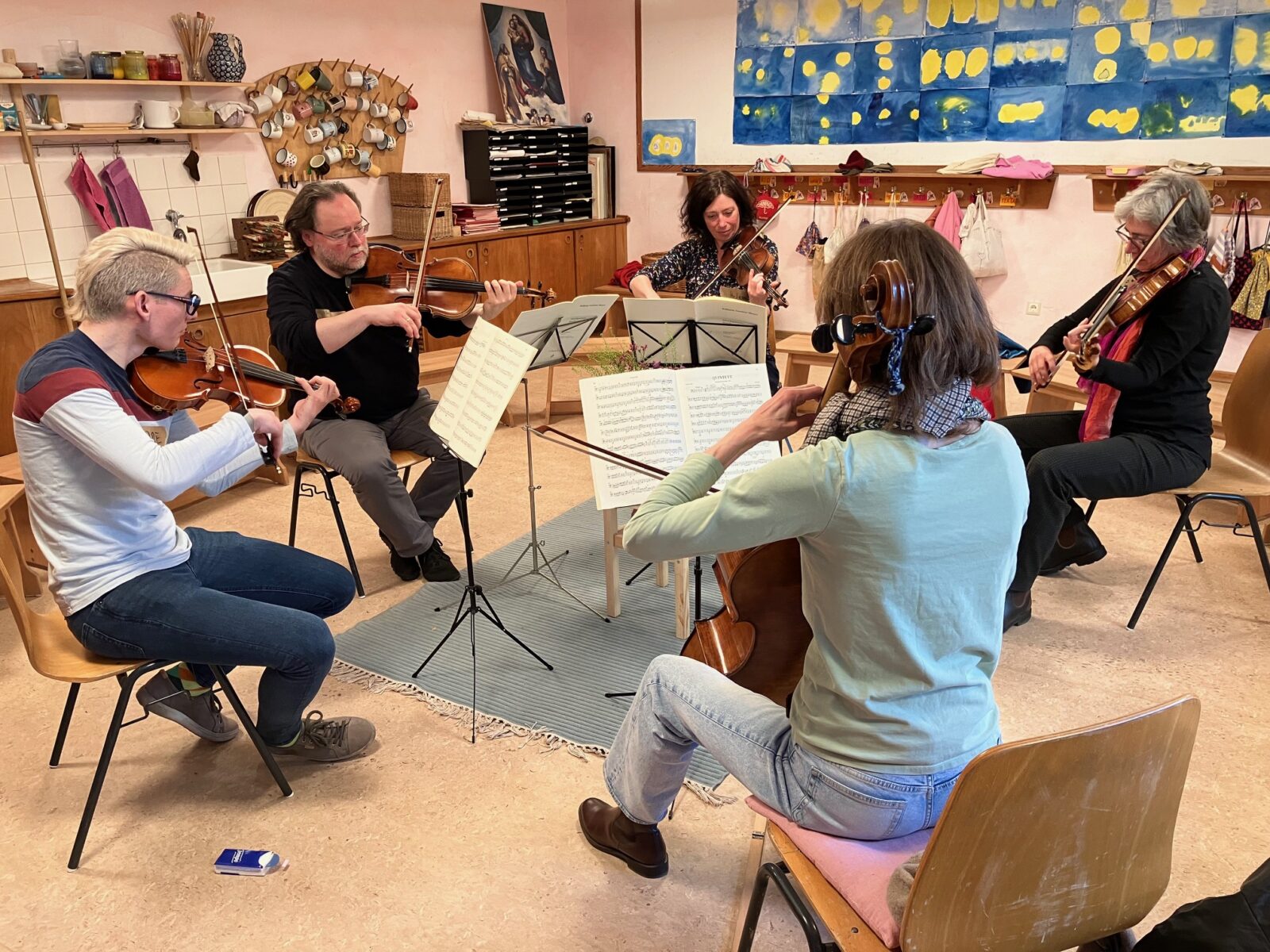
Play-In Report: Berlin Kammermusik Liste
Michael Knoch runs the Berlin Kammermusik Liste, and represents ACMP as its International Ambassador in Germany. He holds at least two Play-Ins a year, and has a unique gift for organizing large Play-Ins with a mix of all instruments and voice. Read about his second Play-In of 2025!Read More ↗
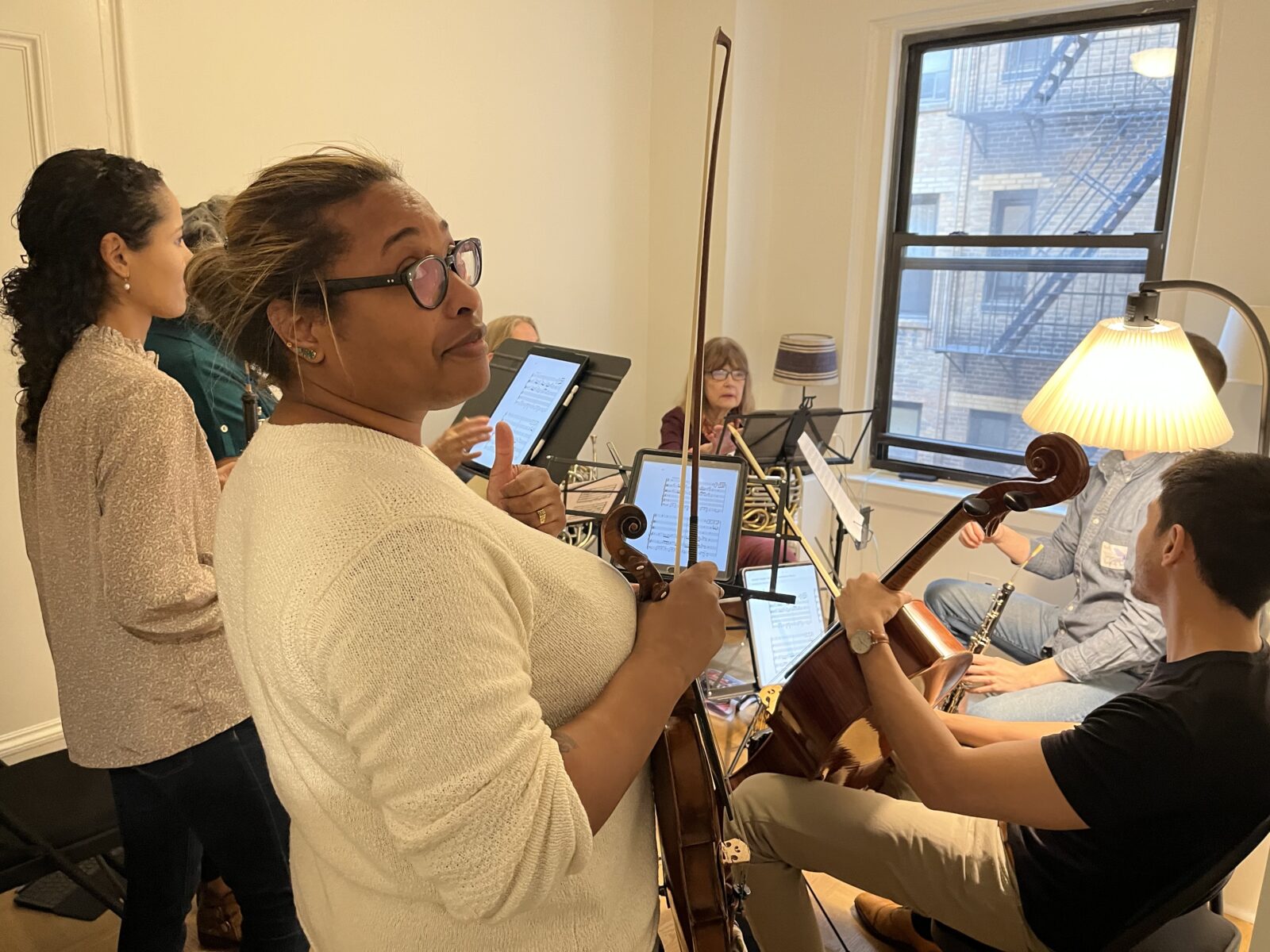
2025 Worldwide Play-In Events
May is Chamber Music Month! Celebrate with Play-Ins all month long, and during the Worldwide Play-In Weekend: May 16-18, 2025. See this list of Play-Ins in the ACMP Directory to date, and keep checking it for updates.Read More ↗
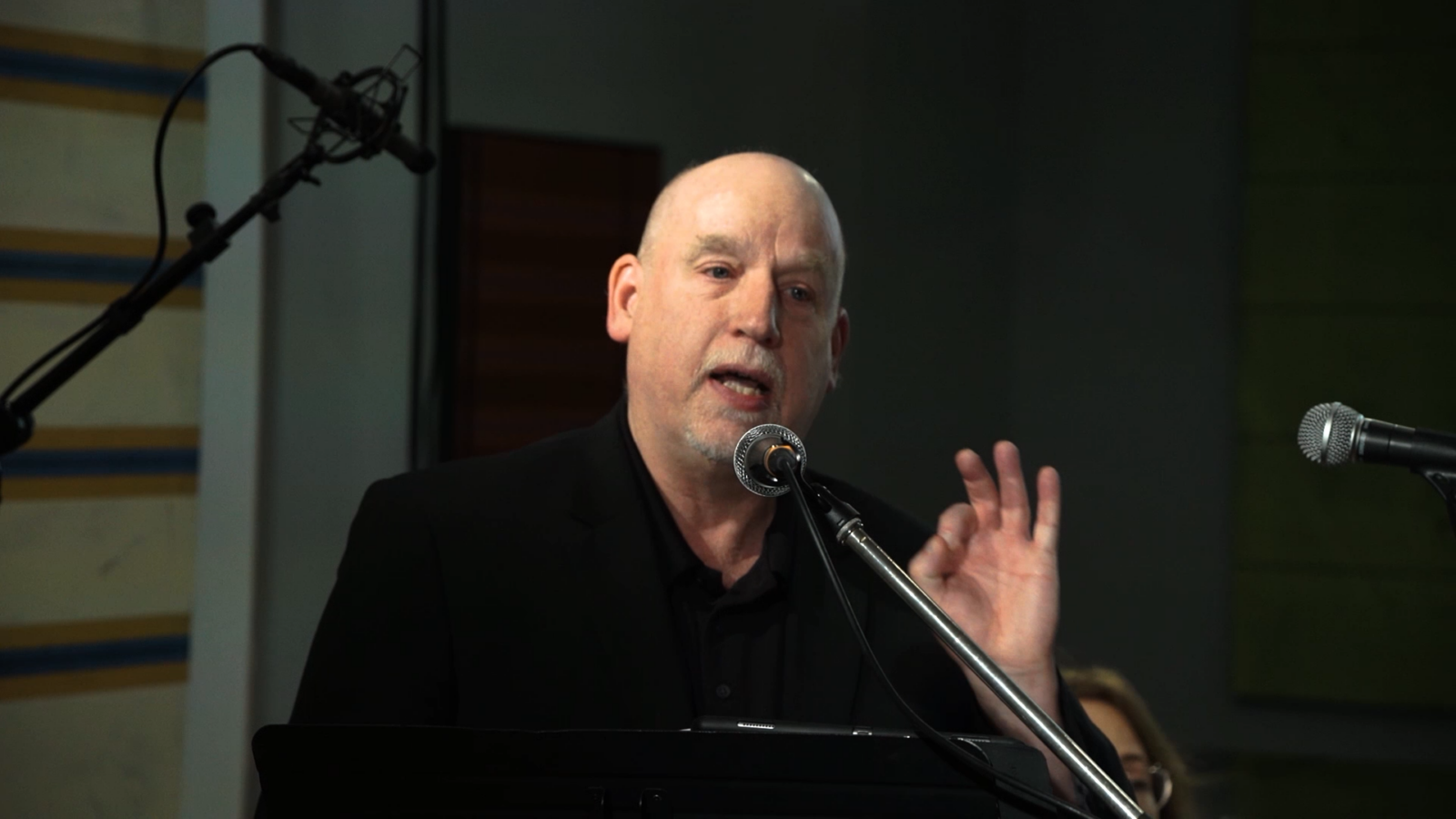
New Video: Ravel’s String Quartet with Cal!
Cal Wiersma is back, sharing ensemble tips and tricks through the lens of Ravel’s String Quartet.Read More ↗
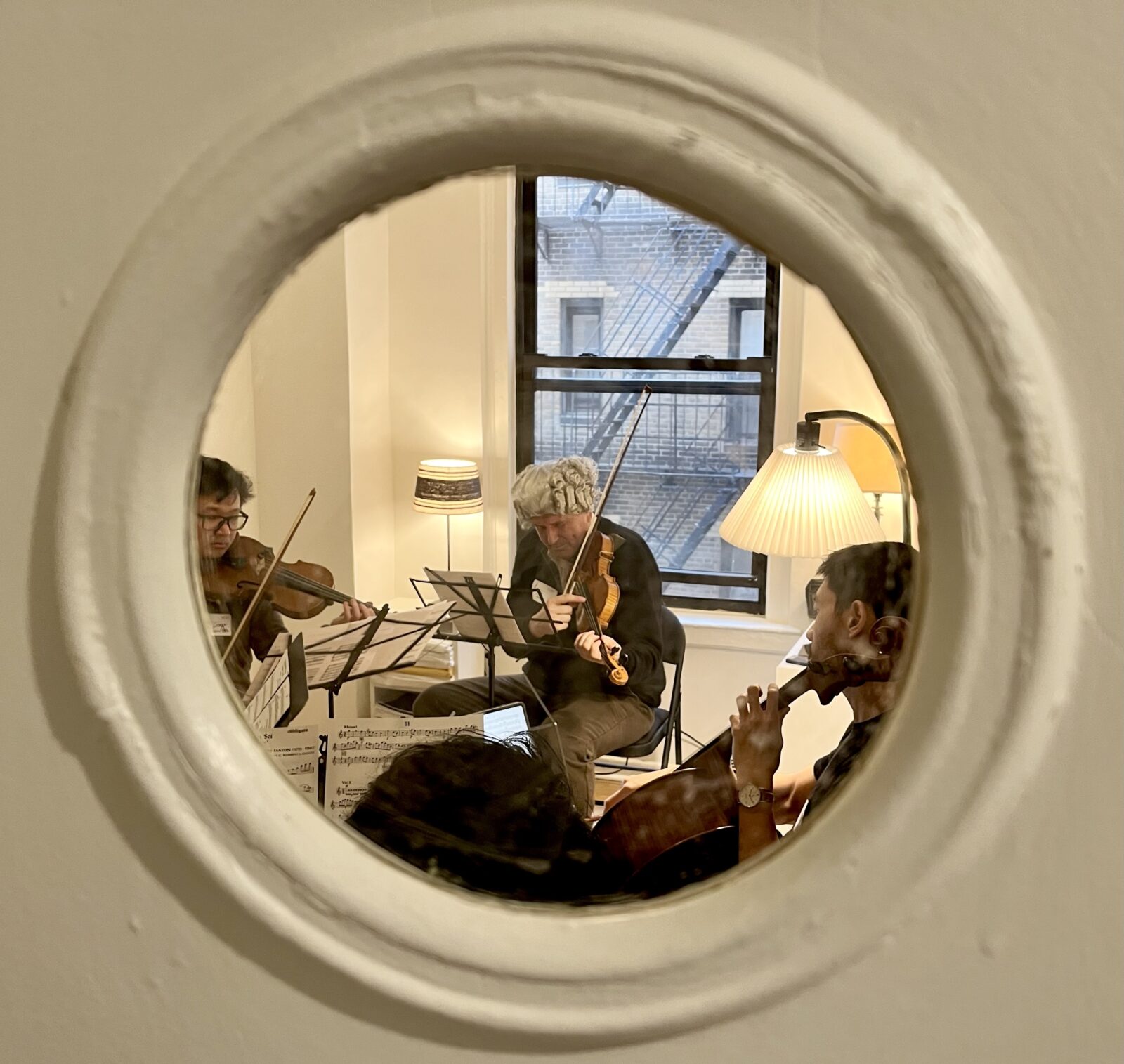
Here’s looking at you, Joe!
One day before Haydn's 293rd birthday - a Haydn party happened in Manhattan. Haydn himself appeared (in the form of ACMP violinist, board member and host, Bob Goetz.) 30 players participated - one third of the participants were wind and brass players! Read about the party and get some fun repertoire ideas!Read More ↗
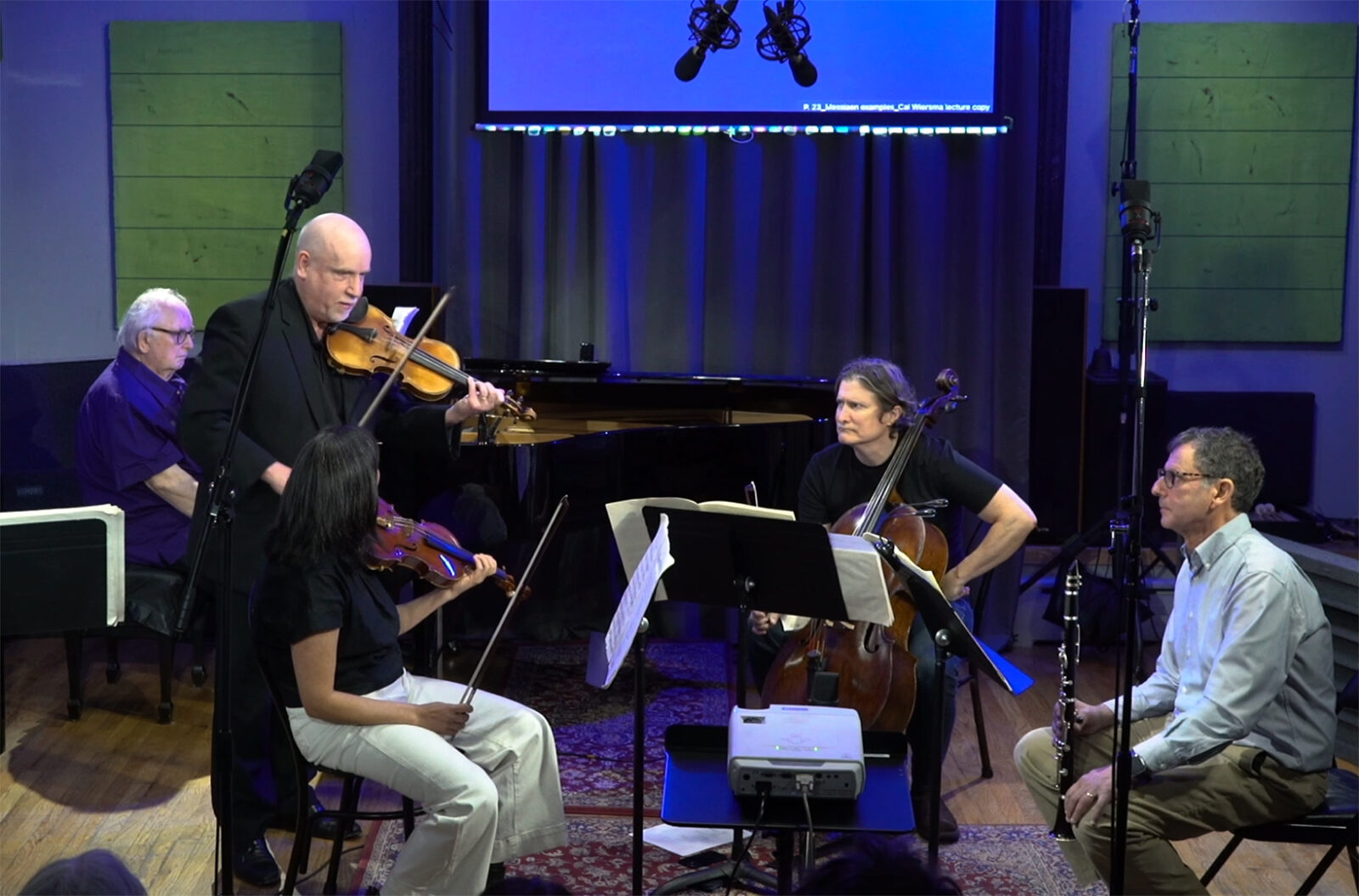
Cal Wiersma Class: Rehearsal Techniques in Ravel’s String Quartet
Back by popular demand - ACMP is offering another live and live-streamed class with violinist and chamber music coach Cal Wiersma on chamber music rehearsal techniques in Ravel's String Quartet on Sunday, April 6 at 3pm ET.Read More ↗
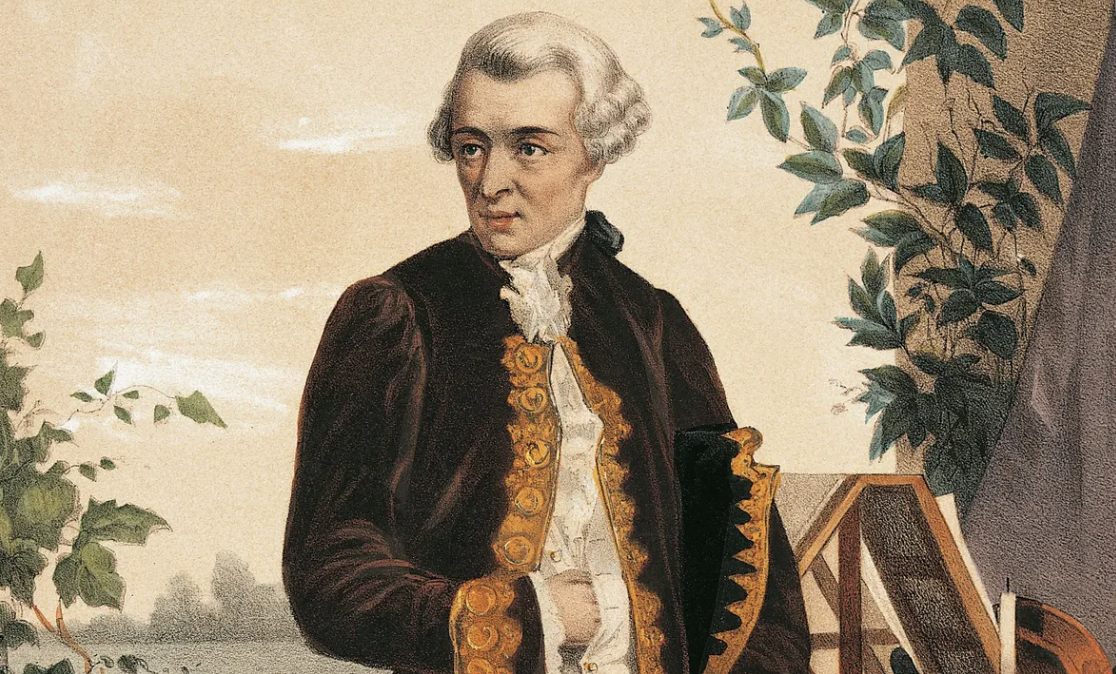
The 2025 ACMP Haydn Challenge
March 31 is Joseph Haydn’s birthday! It’s also a fabulous occasion to celebrate his contributions to the world of chamber music with a gift in his honor to ACMP…Throughout the month of March, we hope you will participate in the ACMP Haydn Challenge.Read More ↗